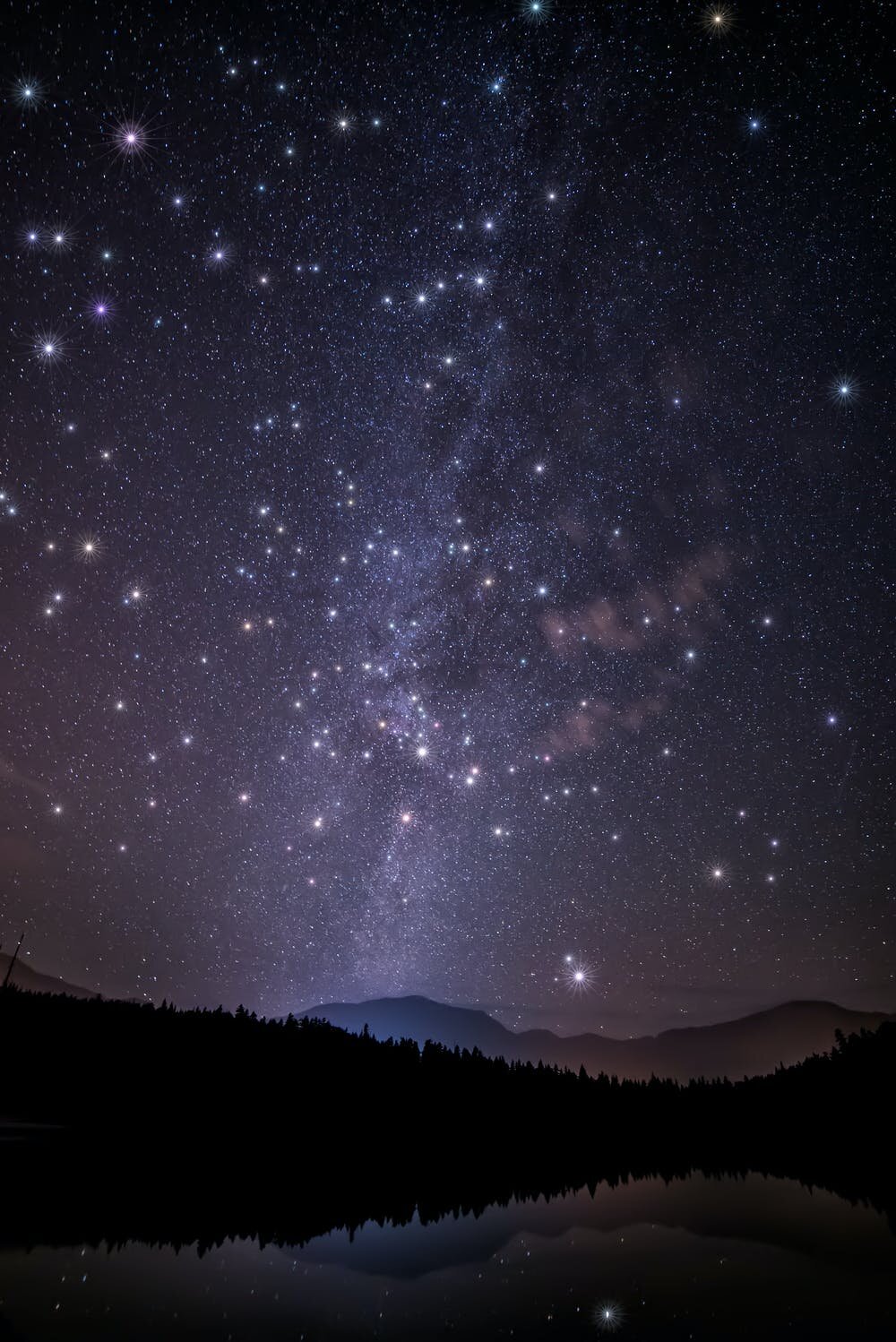
Chapter Fourteen
Global Consciousness
At the time I wrote this book, and now in of the first week of April in 2021, the U.S. continues to boast the highest number of confirmed Covid cases worldwide. (over 30.8 million cases, 555,000 deaths,) and rising. Thanks to mismanagement and misinformation by Donald Trump, his appointees, and his supporters during 2020, many lives have been needlessly lost. Globally, countries have had, and continue to have, varied responses to this pandemic, but one of the greatest lessons we are learning is that we live in a deeply interconnected world. A virus that originated in China found its way from Asia to Europe, then the Americas, Africa, and almost every part of the world, with most exceptions being small isolated island nations. We are still suffering from this pandemic, and no one knows for sure how long we will be faced with its challenges. The obvious truth we can see is that what happens on the other side of the globe affects everyone. We are not separate and cannot separate ourselves from the earth as an organism.
In June of 2020 I saw pictures of the huge Saharan dust cloud dubbed Godzilla as it traveled across the Atlantic and blanketed much of the southeastern portion of the US. The Saharan dust cloud is just an example of the complicated forces that tie our planet together and how the things we experience at home can start from far away. Just over a week ago,(at the time of this writing in the summer of 2020,) smoke from the wildfires here on the west coast of the US had reached the east coast and Europe, being reported as far away as the Netherlands and Germany. I think the fact that almost every country in the world has been simultaneously facing this virus at one stage or another of its transmission has given us the gift of a visceral connection to people living on the other side of the planet. We put on our masks, and we see pictures of people across the world putting on their masks; we grieve, and we see others grieving. We understand to a better degree how someone else might be feeling the same fears and uncertainties that we are feeling.
It is a unique time in our history. I am seventy-four years old, and cannot remember any time previously that I have had an experience with this magnitude of commonality. We are seeing many countries heading in the direction of divisiveness and nationalism, when what we need to fight a pandemic, or to save our planet, is to learn to work together. This crisis is shining a bright light on the flaws in our economic systems, our healthcare systems, and our governing systems. The crisis of the virus has illuminated longstanding societal and structural inequities and racial injustice, and we have the Black Lives Matter movement gaining huge momentum in an ever-widening circle of the population. With social media and cell phone videos able to expose the brutality of police, as well as acts of violence perpetrated by our citizens, more people are gaining an understanding of what black people, Asians, and other minorities in this country and other countries have had to live with. Hidden evils are being exposed to a greater degree, whether that is racial injustice, political corruption, corporate abuse of power, or sexual harassment and abuse.
This is a necessary step in the process of change. Evil must be exposed, people must be held accountable, and the truth about our denial and hypocrisy must come to light and be examined. It is my hope that this period of upheaval will wake us up to the necessity of working together to solve our problems. The threat of our planet’s demise, the extinction of many plant and animal species including our own, is the looming problem we face. We humans seem to be slow learners in the realm of common sense, attached, as we are, to outdated belief systems. The rampant greed and selfishness that we see seems to be based on the fear that we will not have enough, that our survival needs will not be met. Underlying that fear is a latent knowledge that we live in a finite universe. Our planet is an island and our resources are limited.
What we actually need to survive is a consciousness of our interdependence, and an awareness of the fragility of the ecosystems that support life on this planet. For that we need communication. We need the will to work together on common goals. The advent of the internet has created the ability to communicate in a way we have not seen before. This is the very real gift of technology, as it allows for rapid and extensive dissemination of ideas and discussion . . . a way to work together from a distance, a globalization of consciousness. I have recently participated in some Zoom groups with hundreds of participants, many from other countries. Having a discussion group in real time with people in different countries “shrinks” the world, helping to break the bubble of isolation so many of us find ourselves in. It is that very isolation that hinders communication and keeps us divided. We see that corrupt leaders would like to see us divided because when we rise up as a united people, we threaten their power.
We are at a time where our values need to be reevaluated and renewed, where working together to pursue common goals and reinforce our commonality is essential to our survival.
“Can we reach biosphere consciousness and global empathy in time to avert planetary collapse?”
— Jeremy Rifkin


